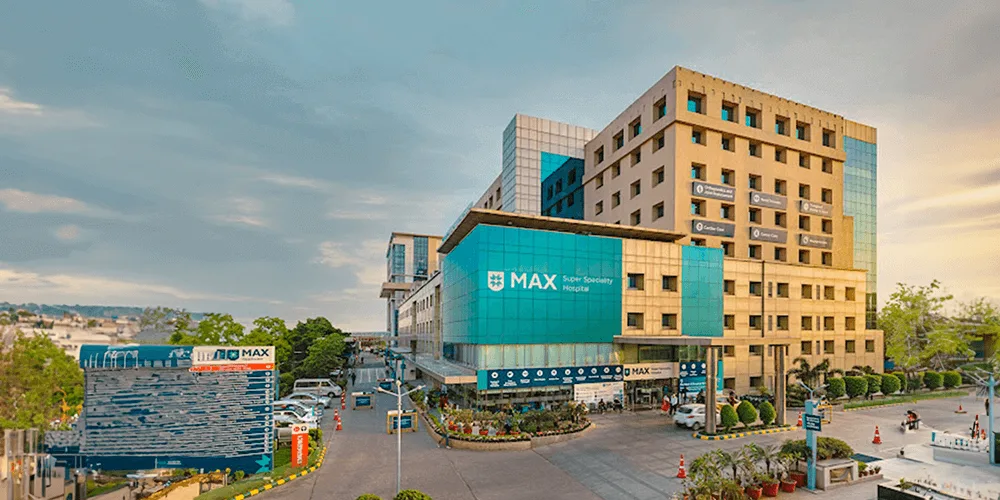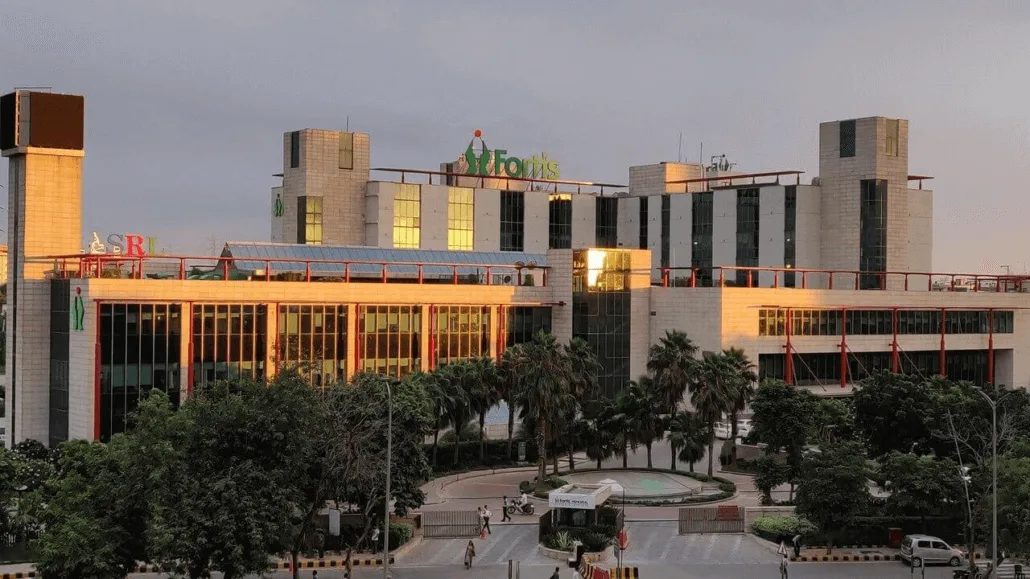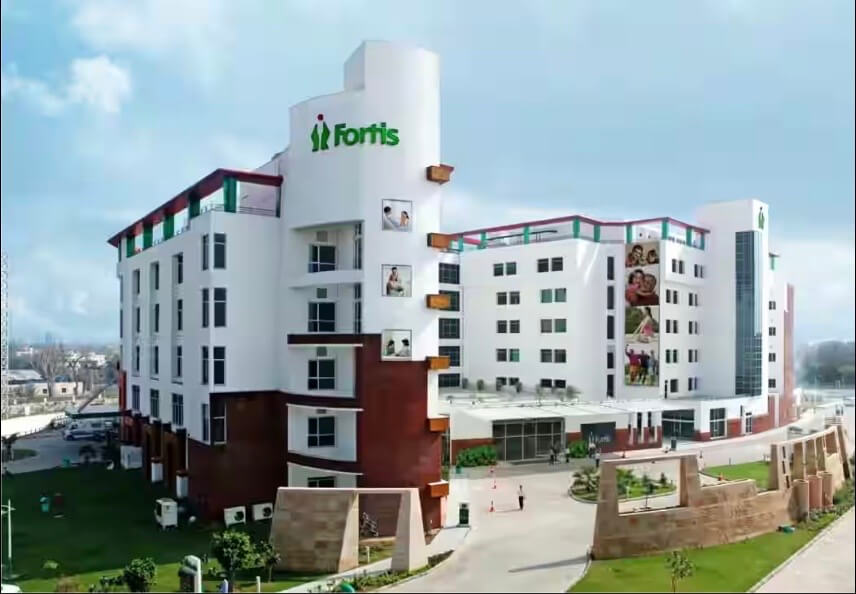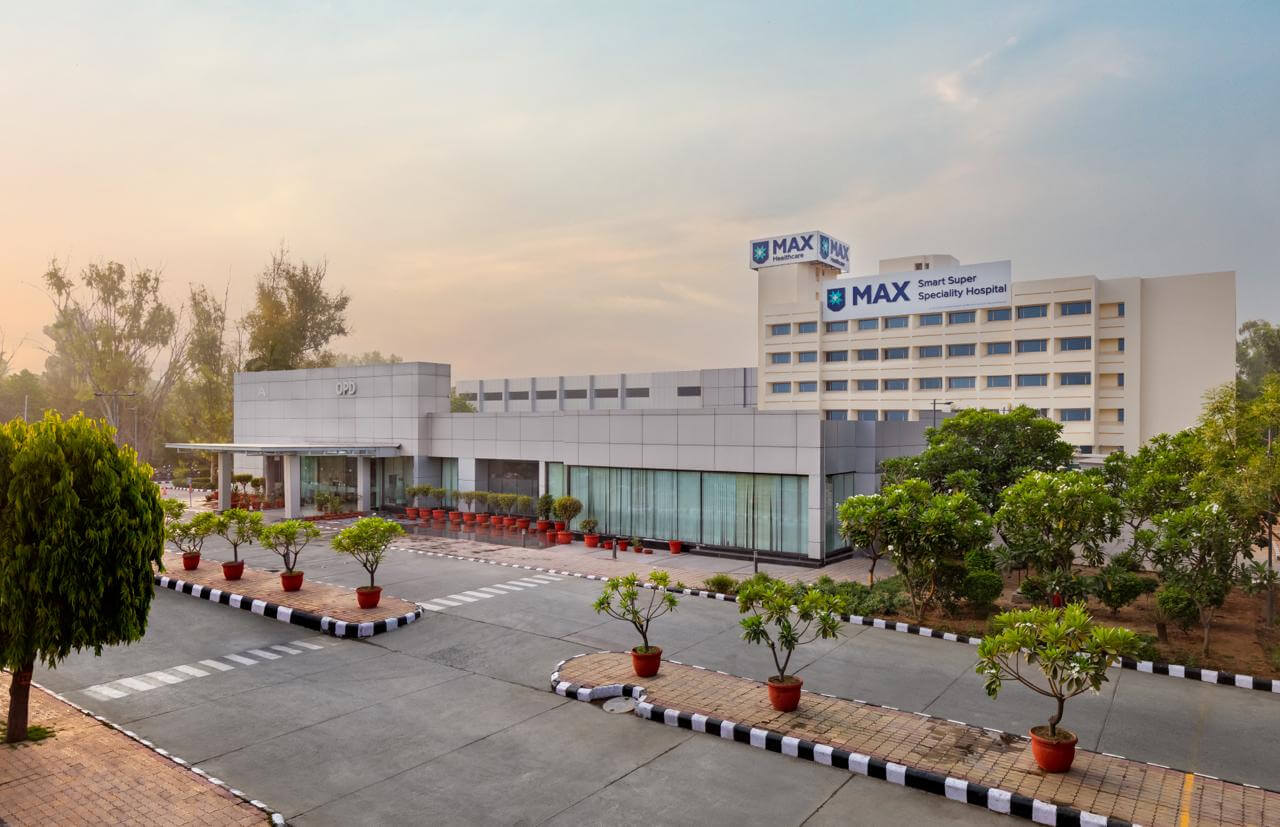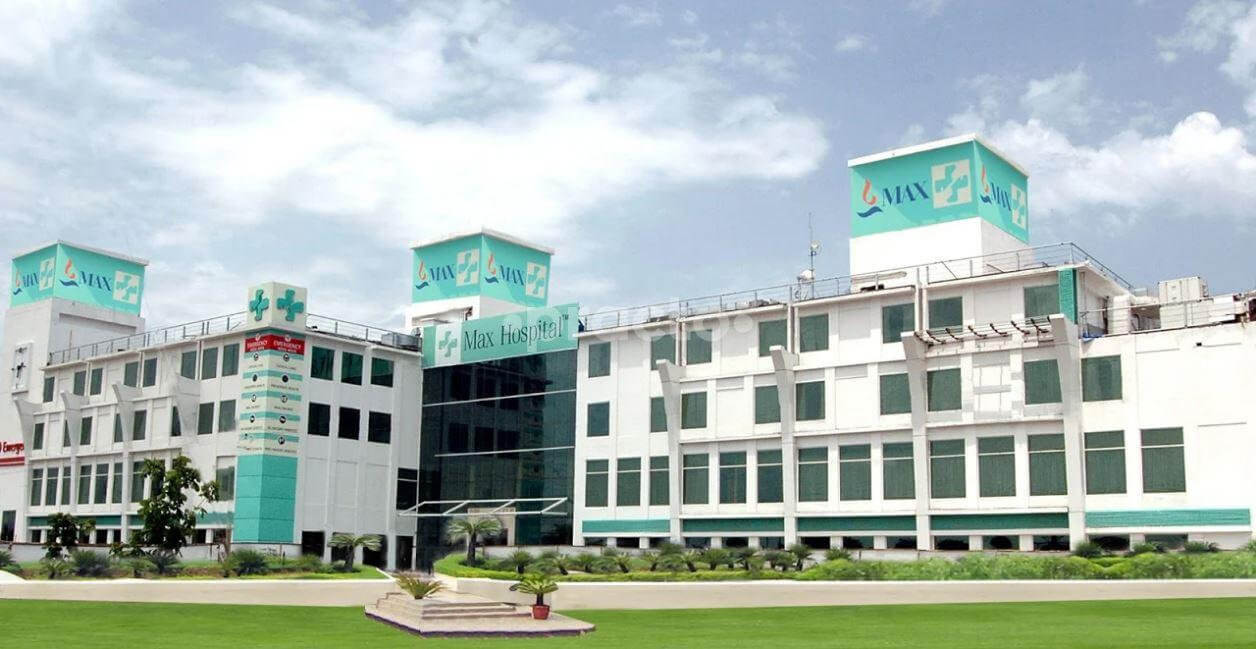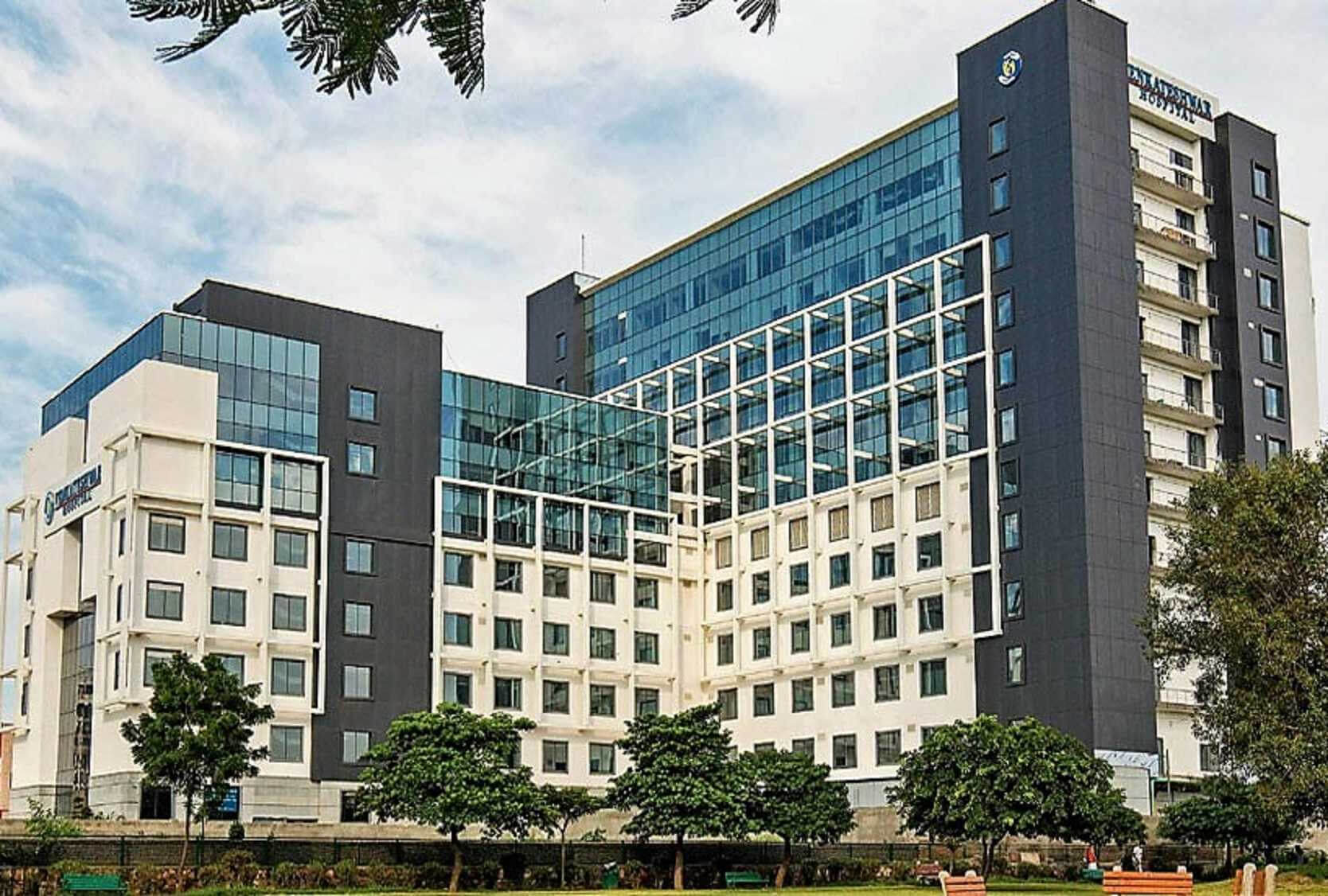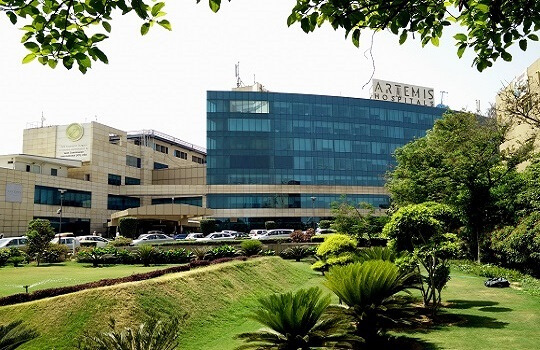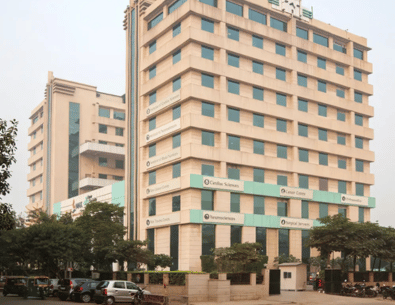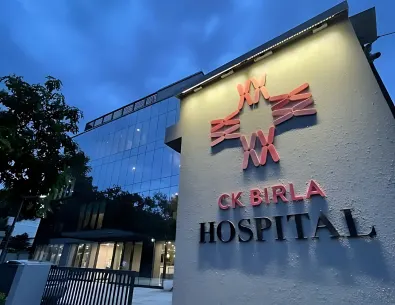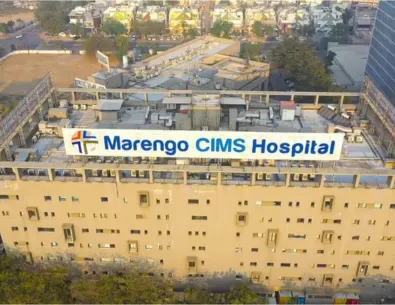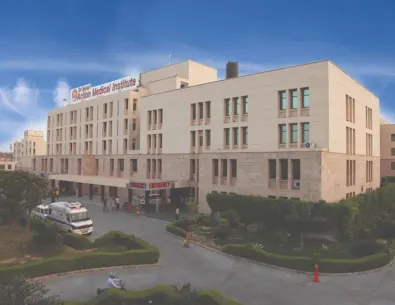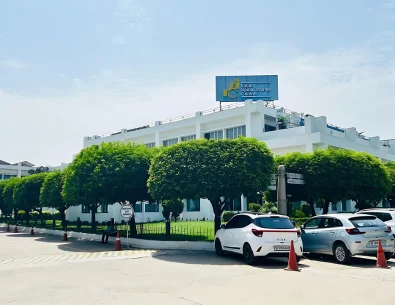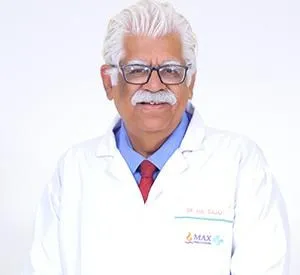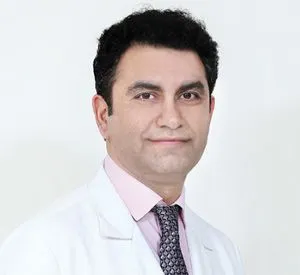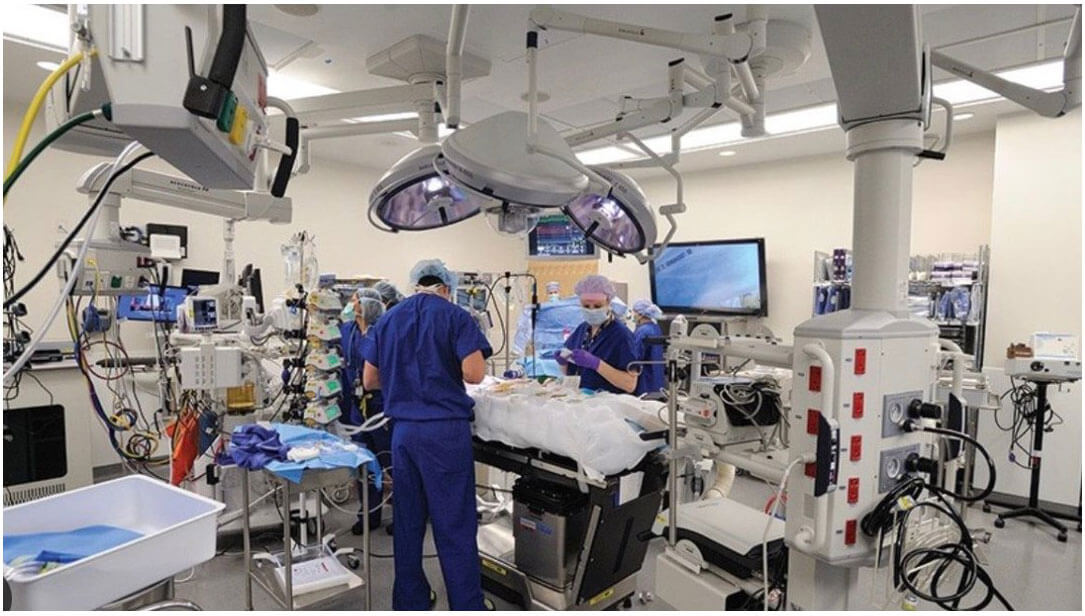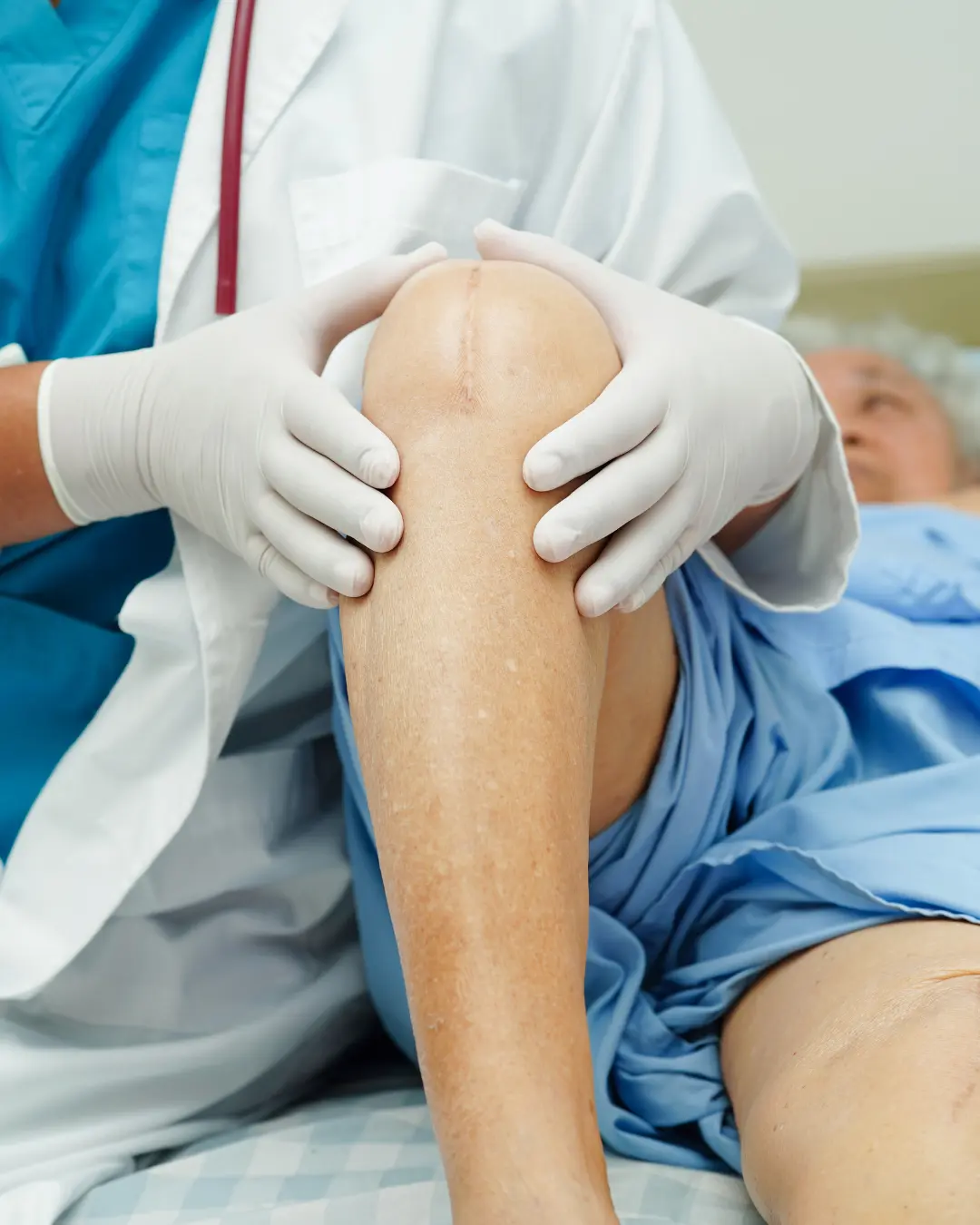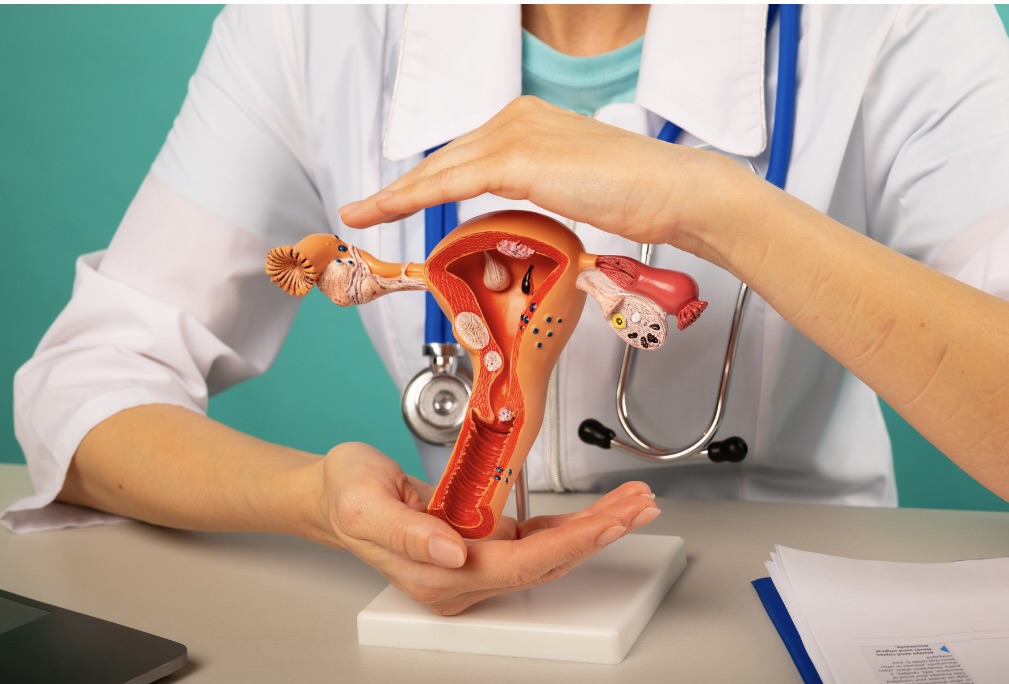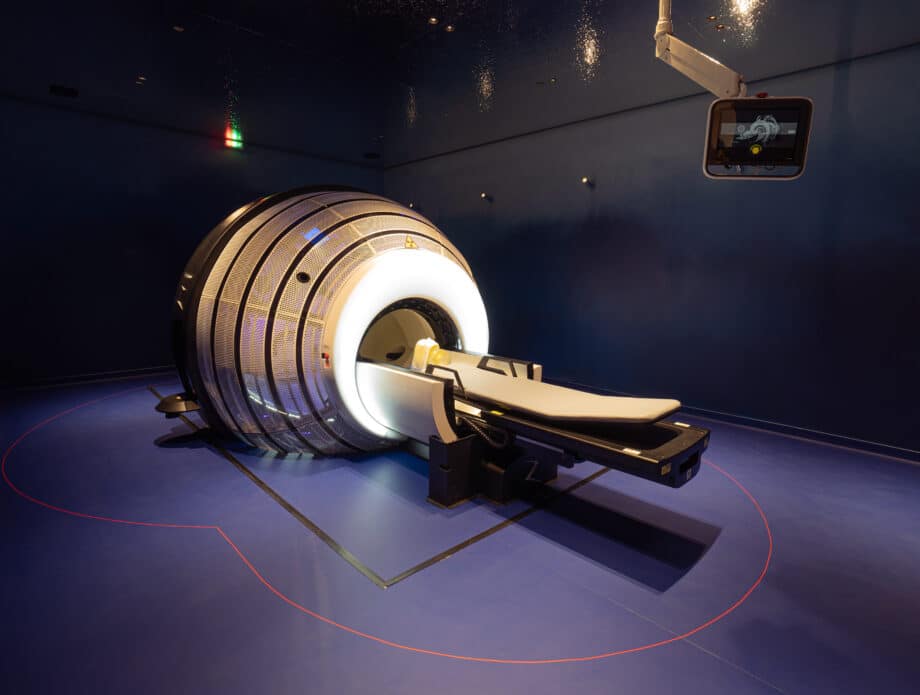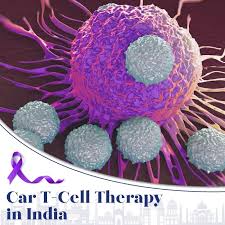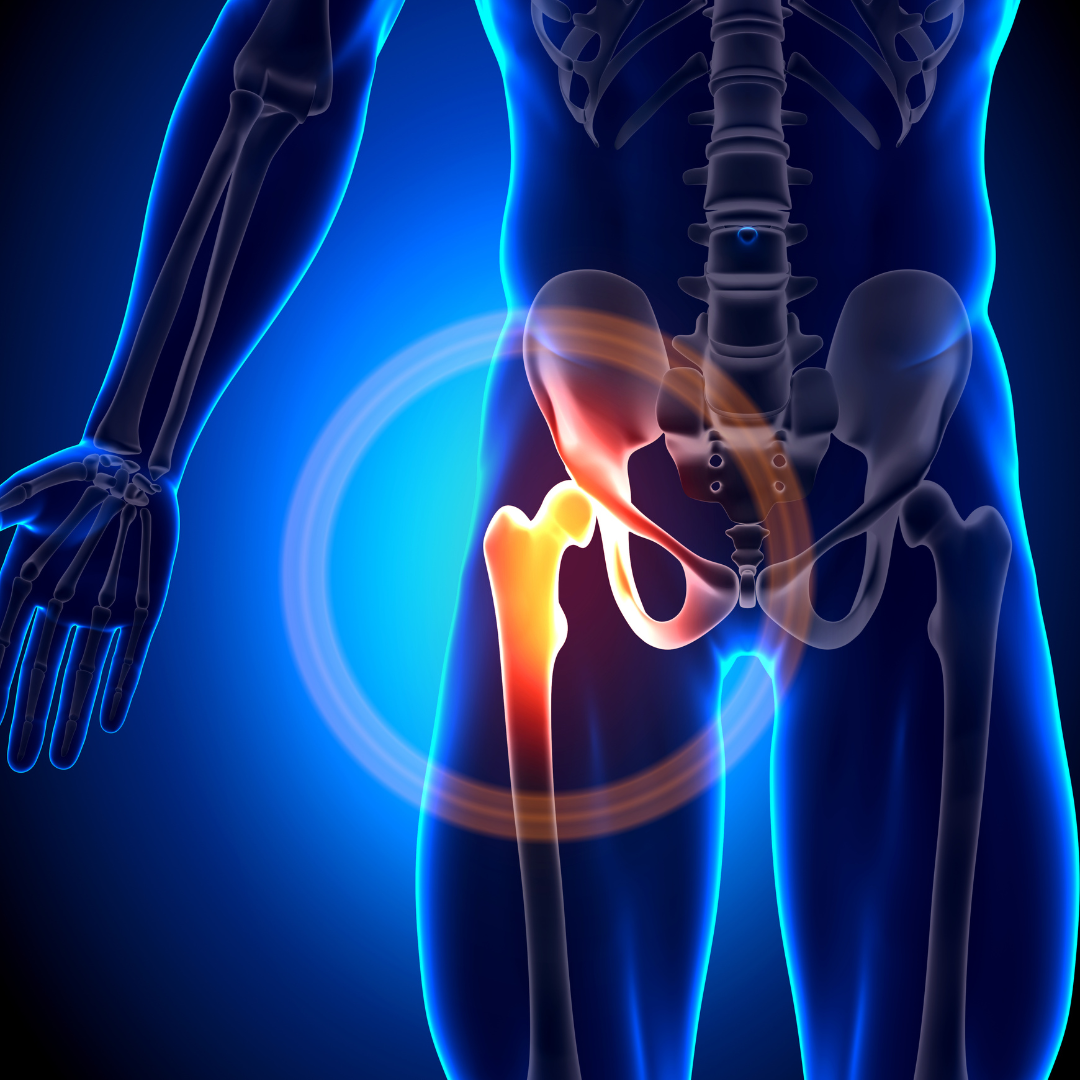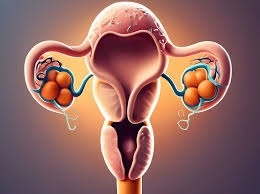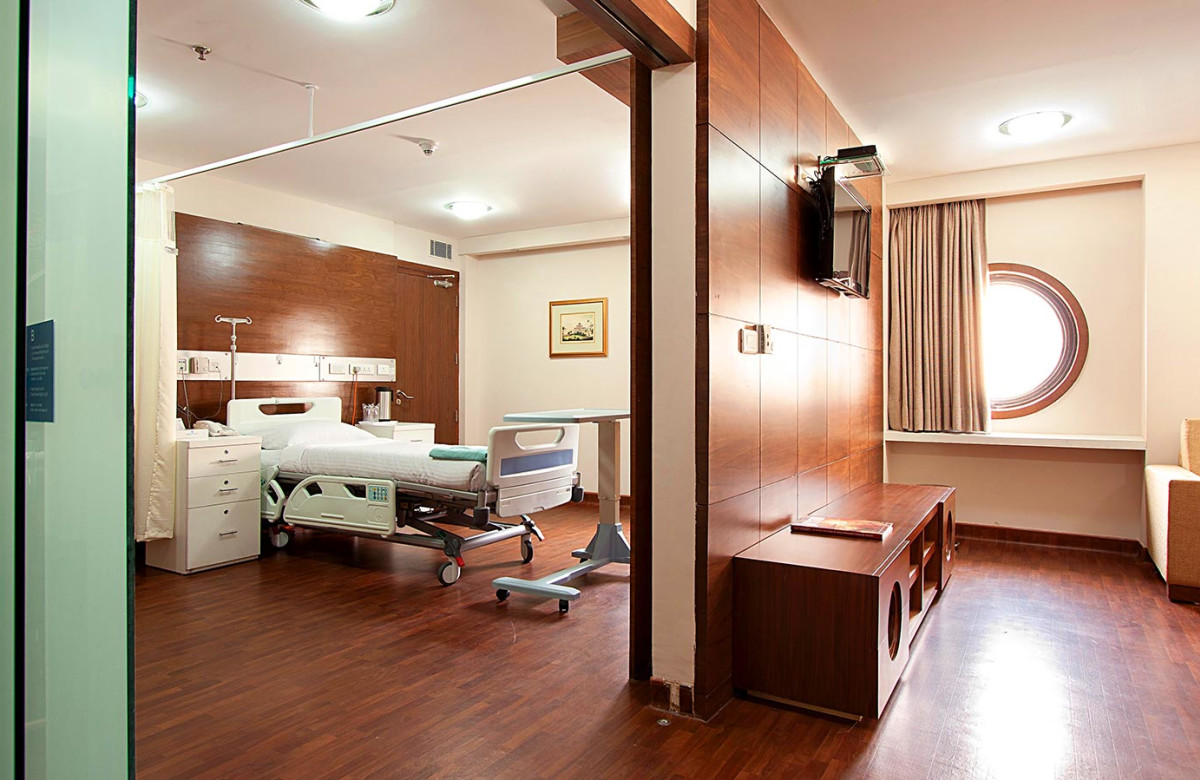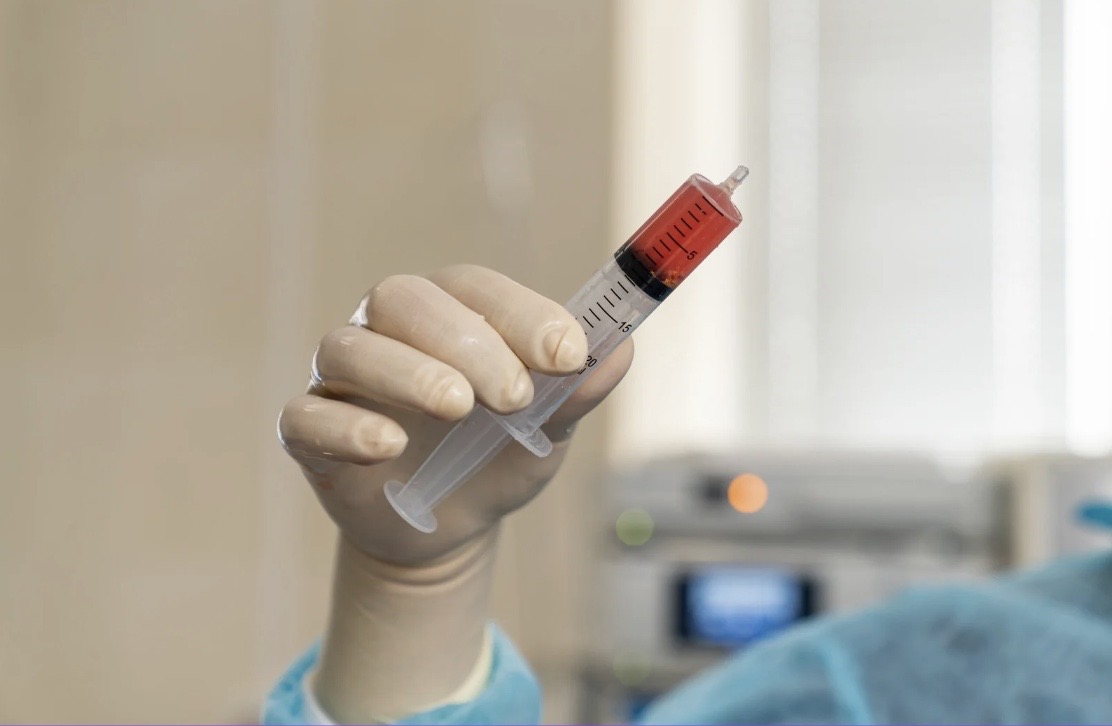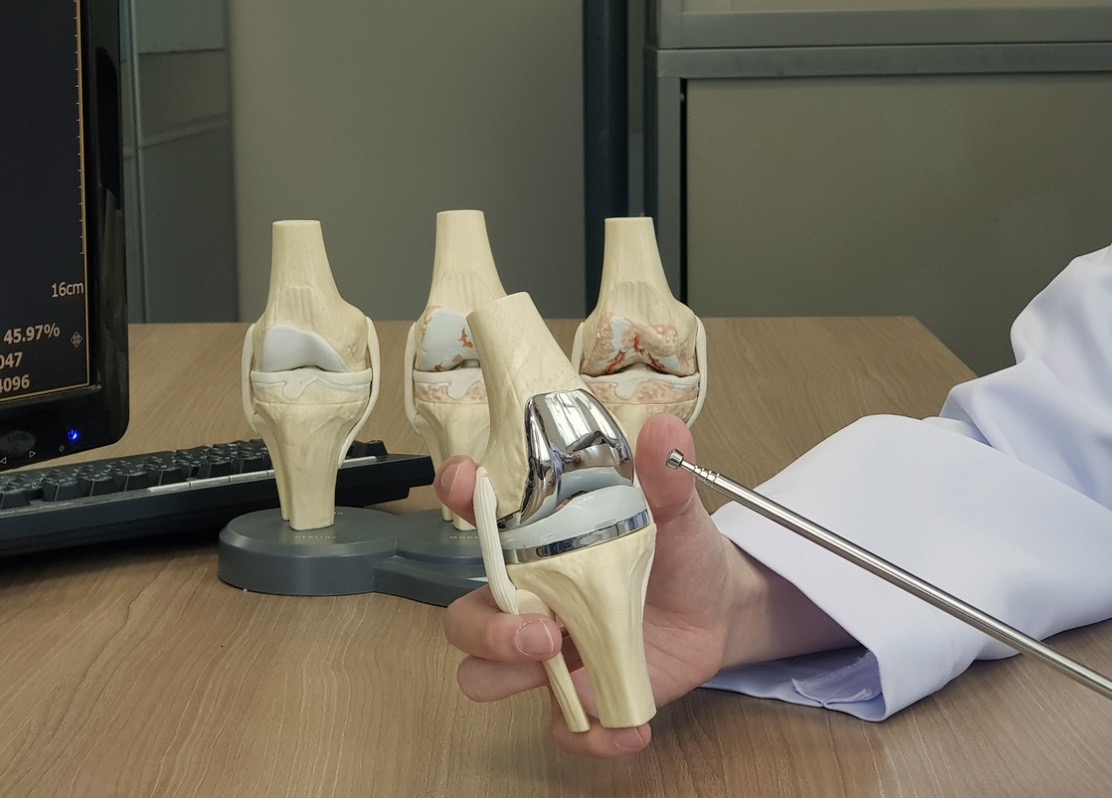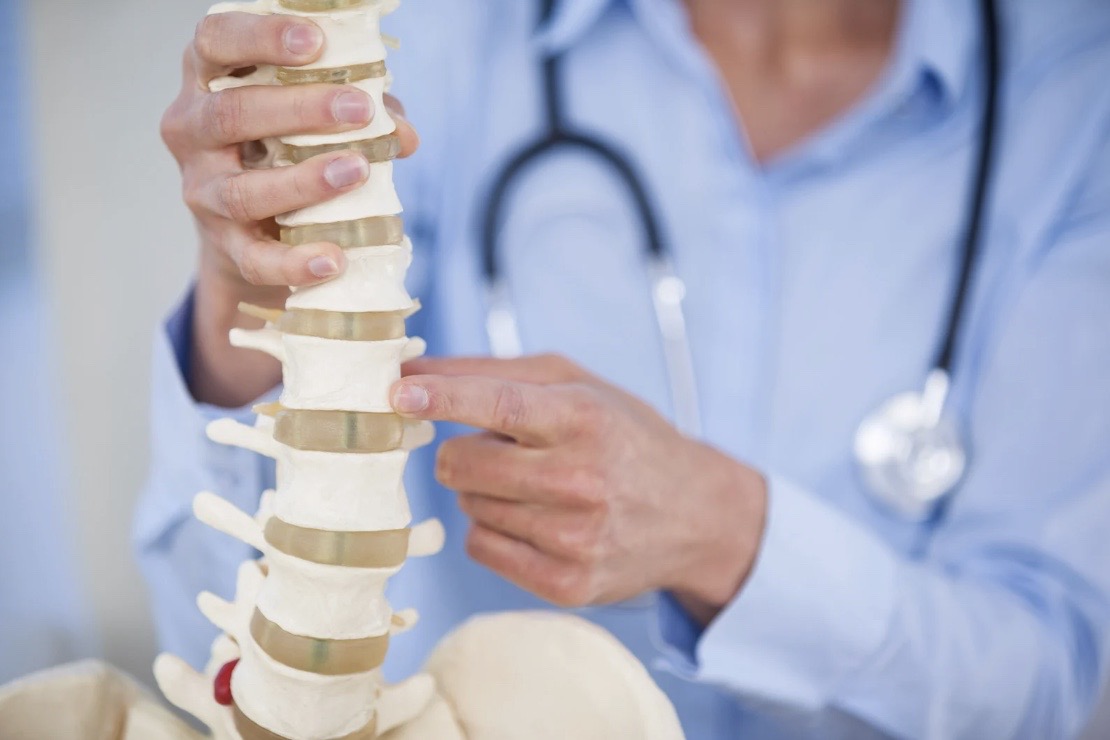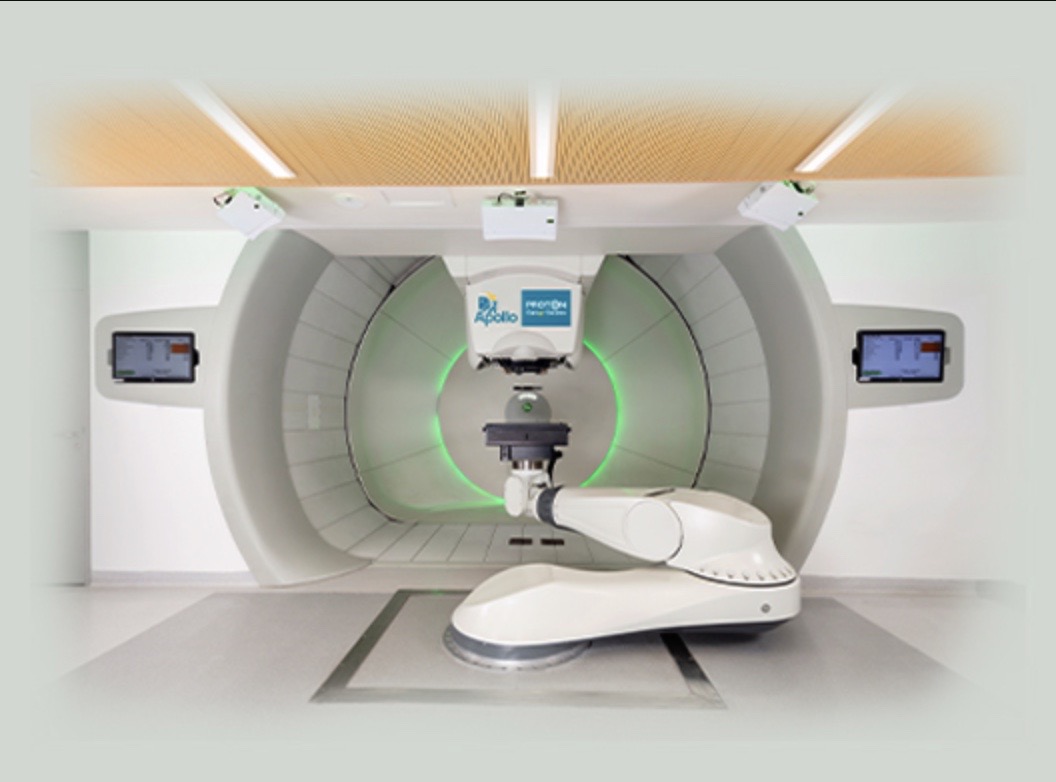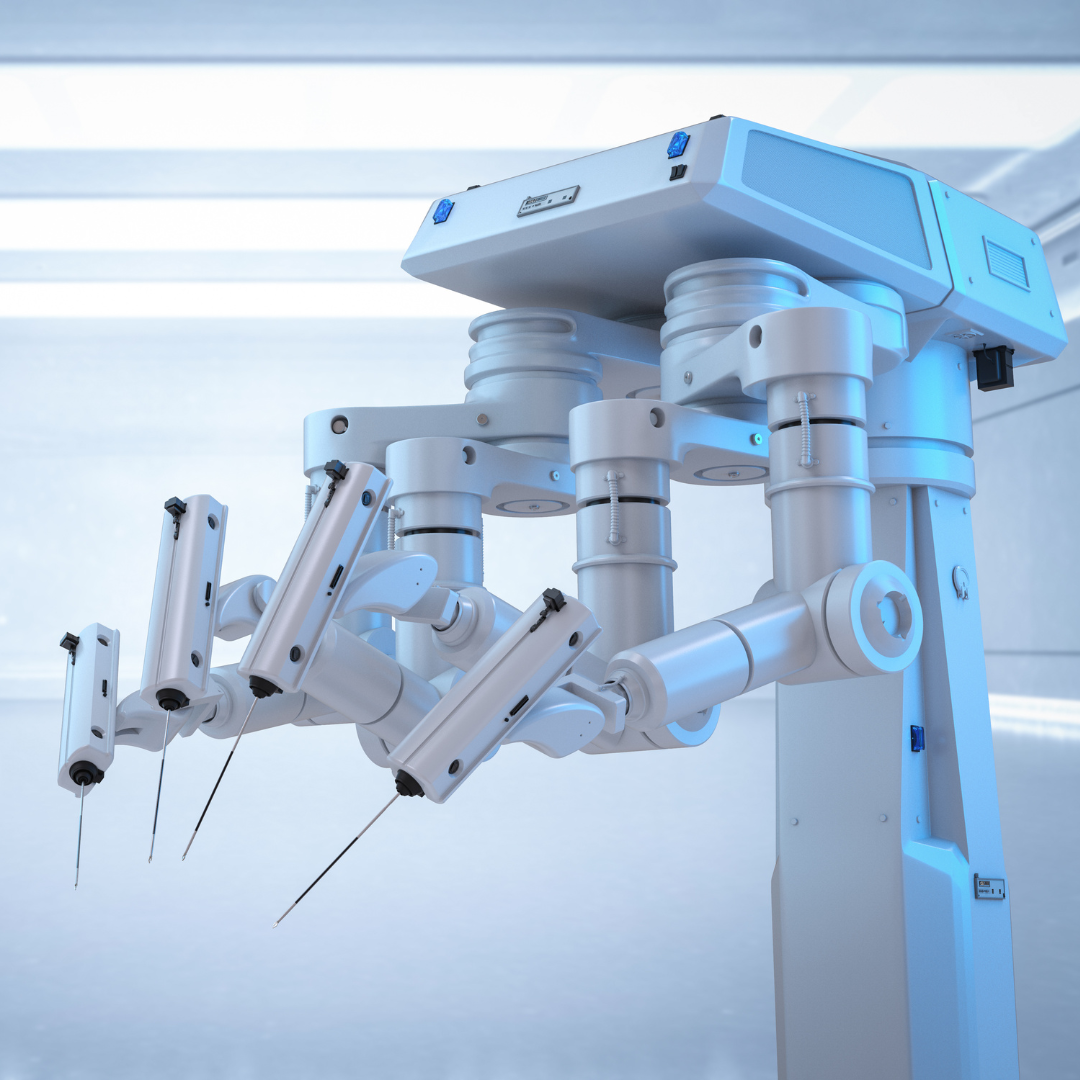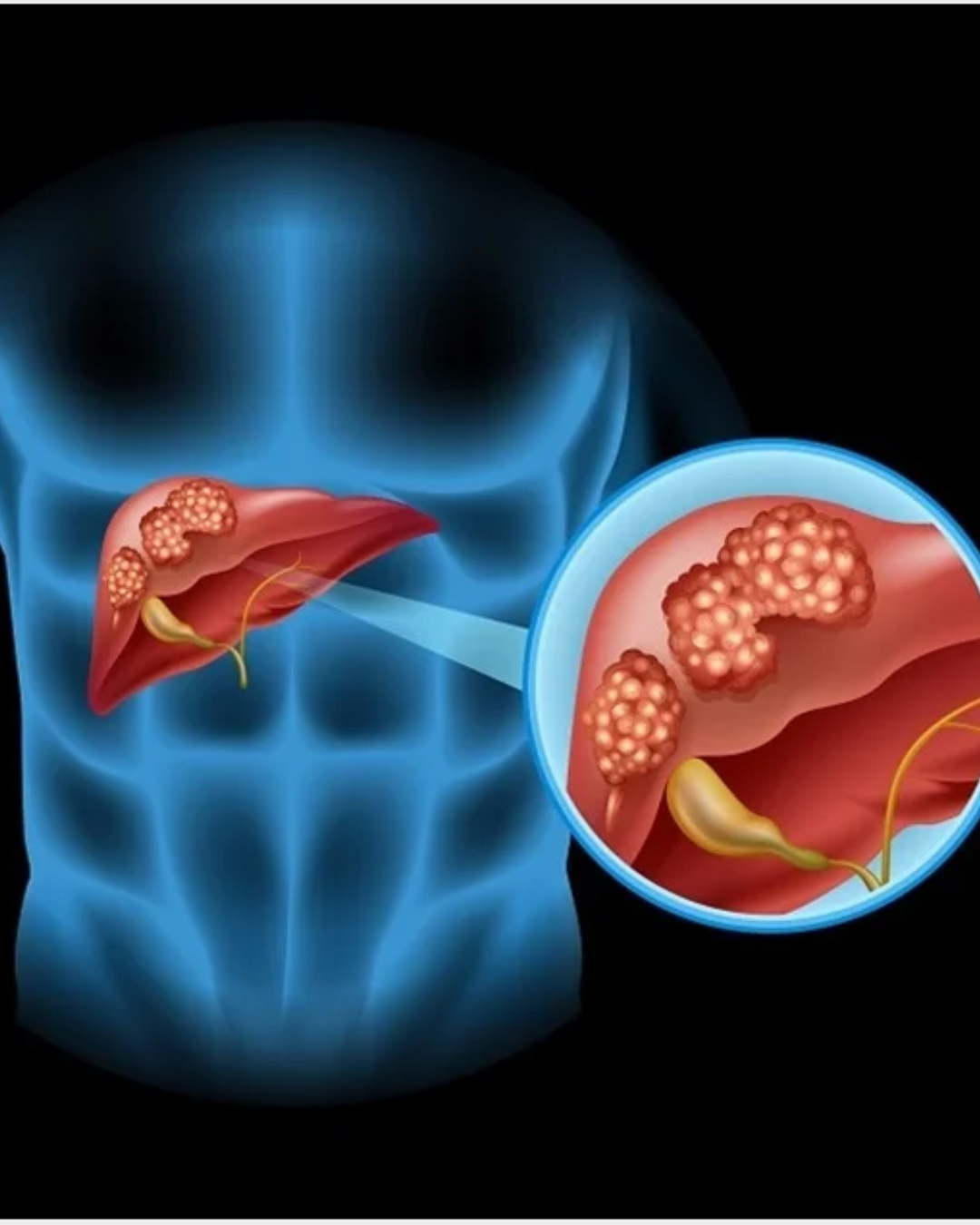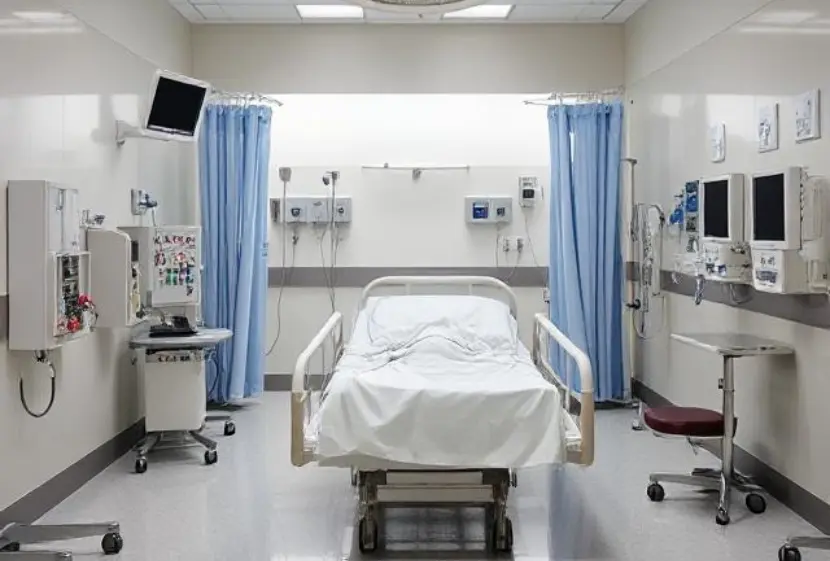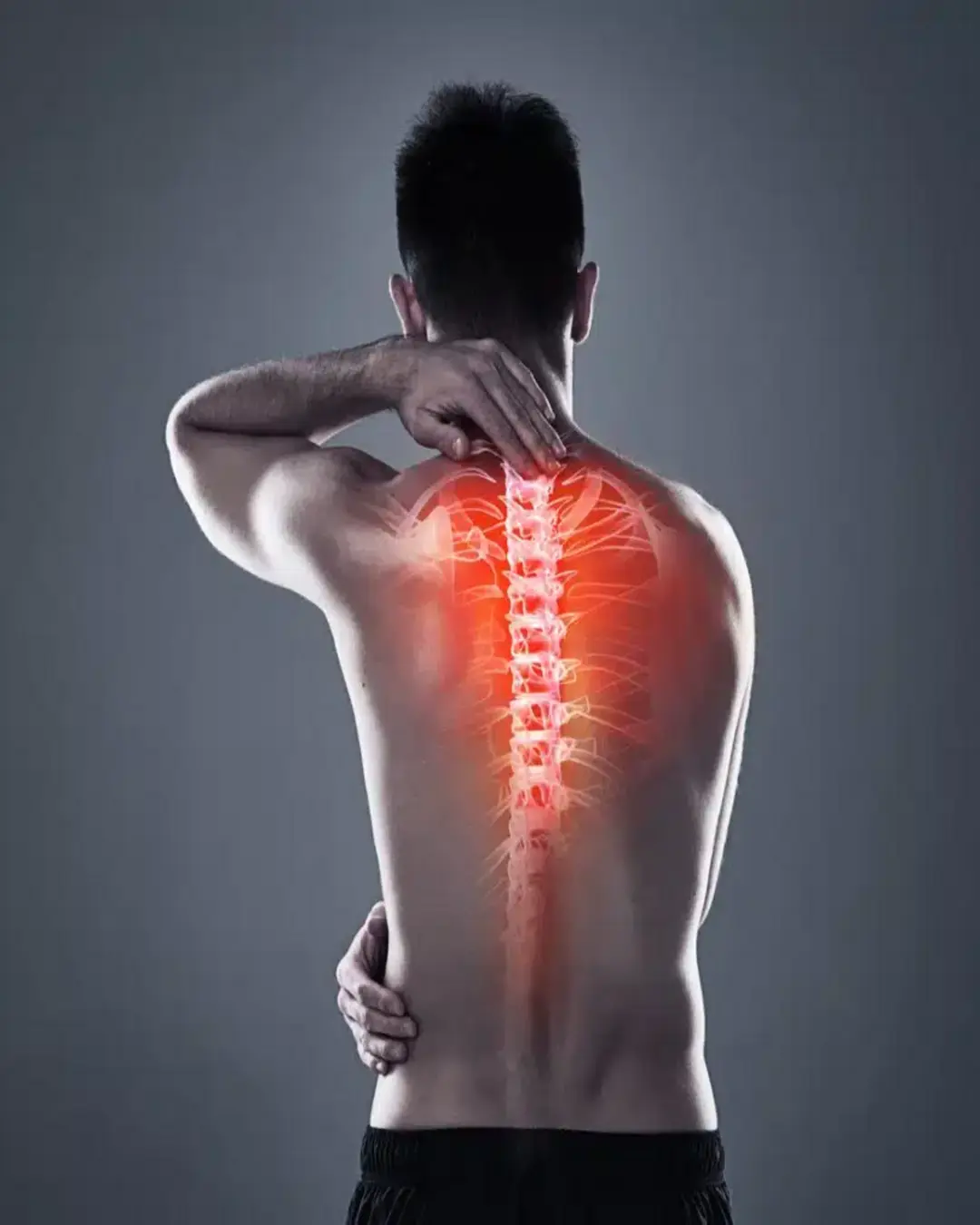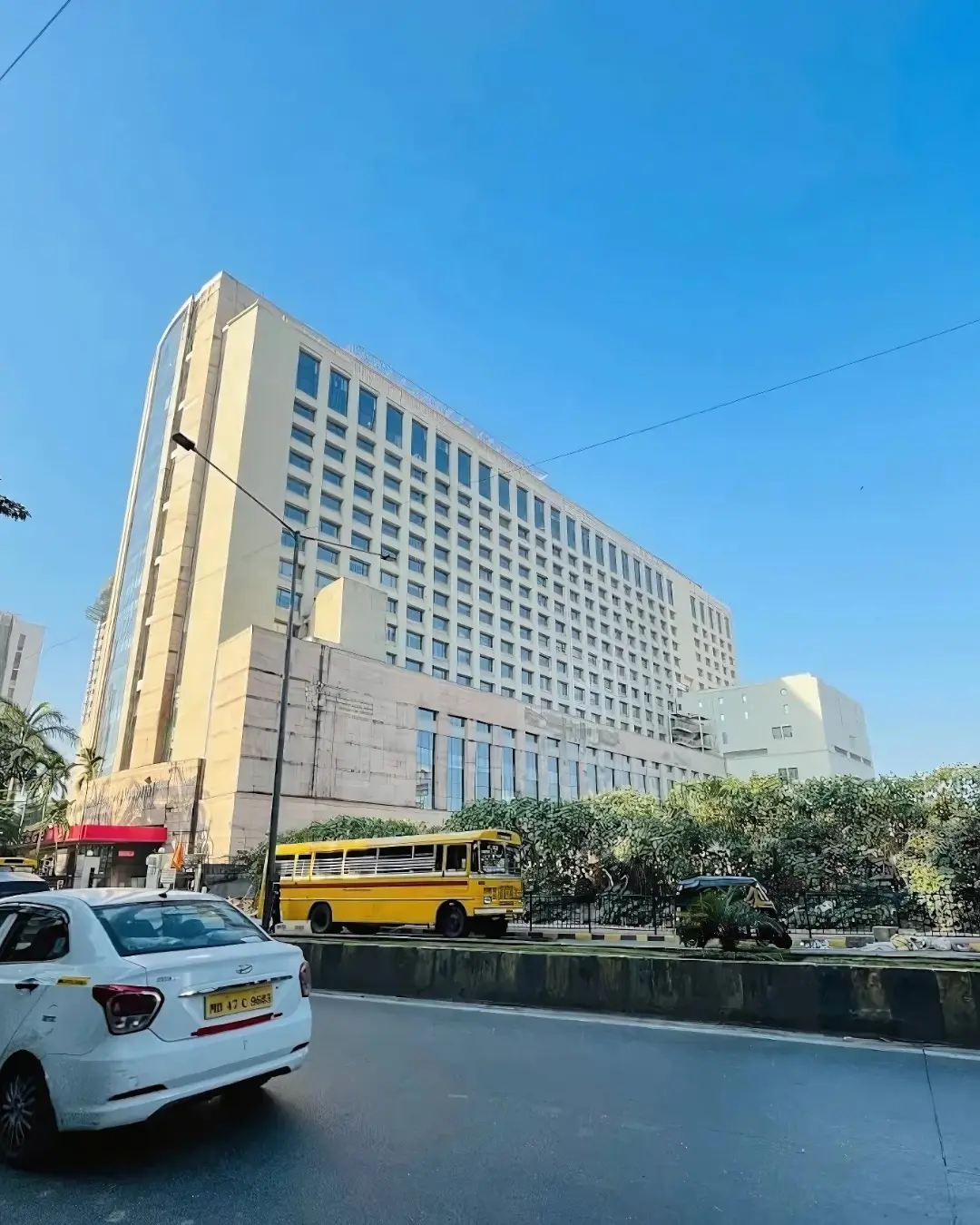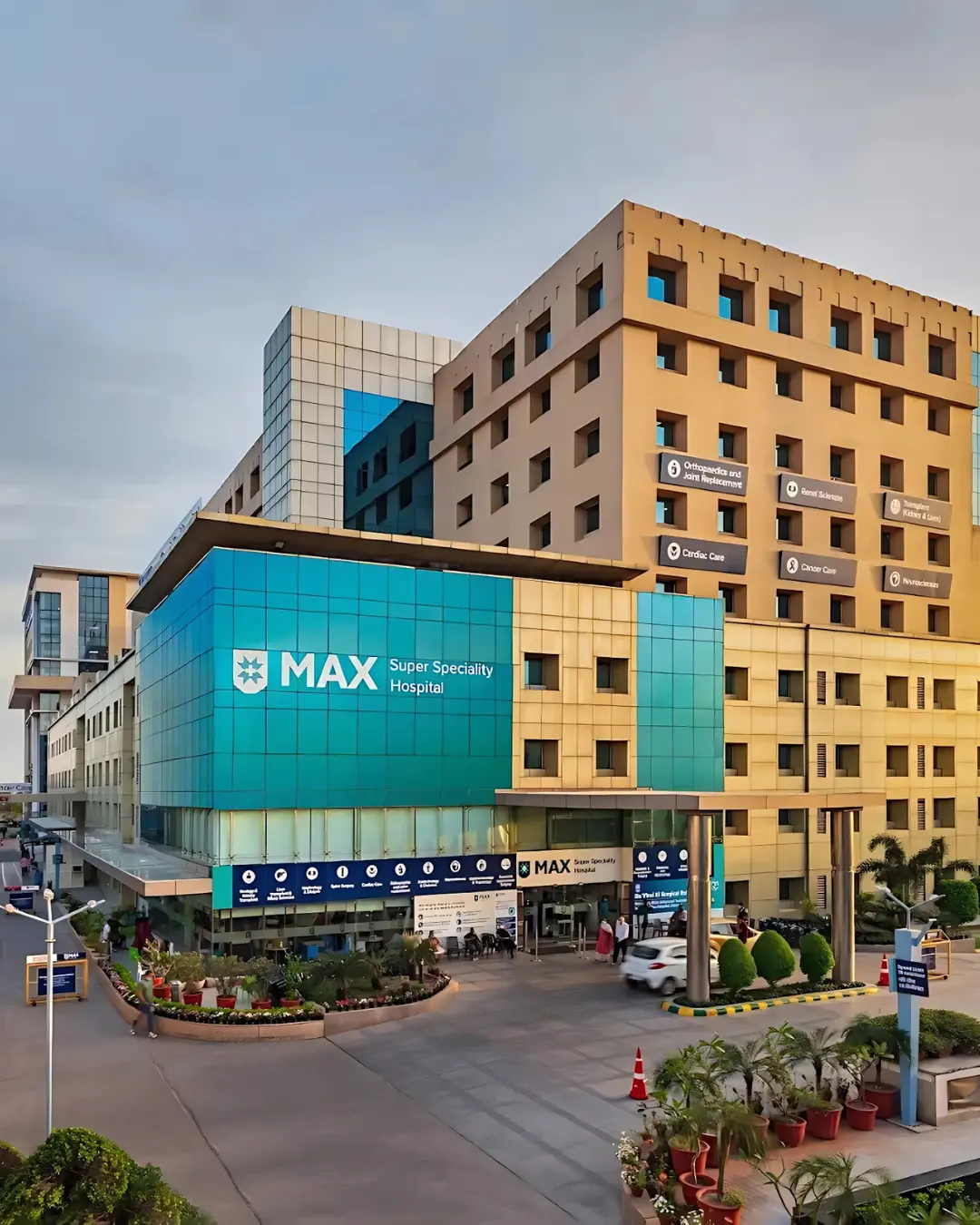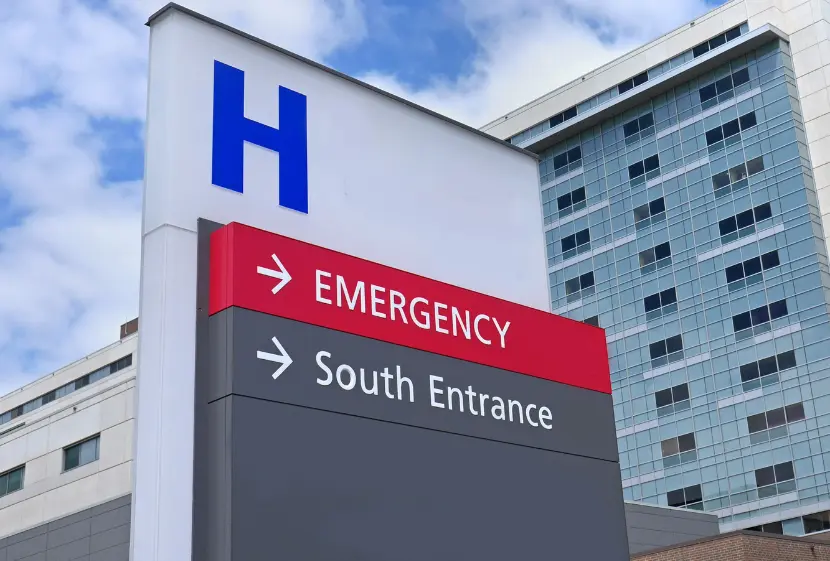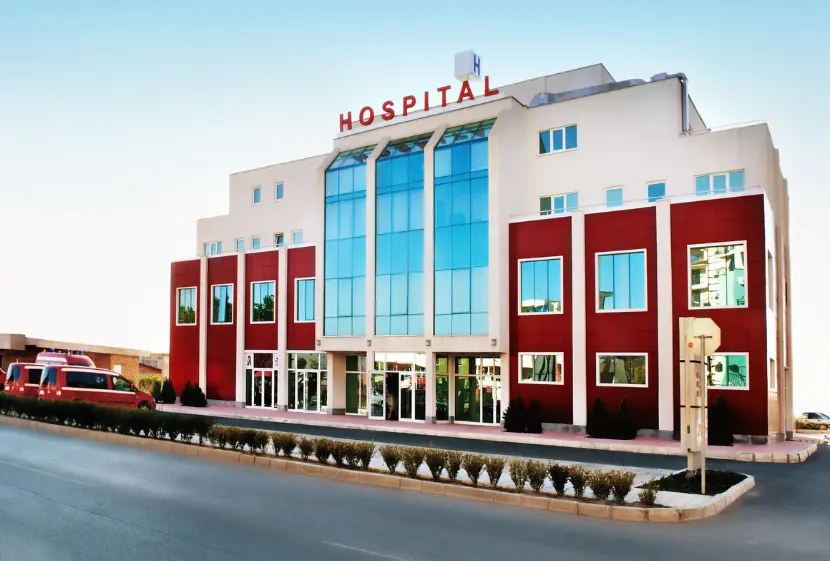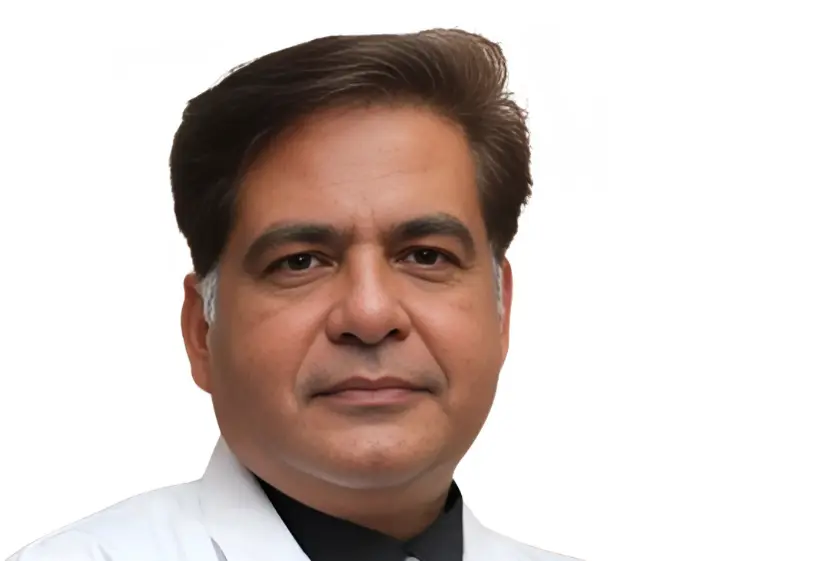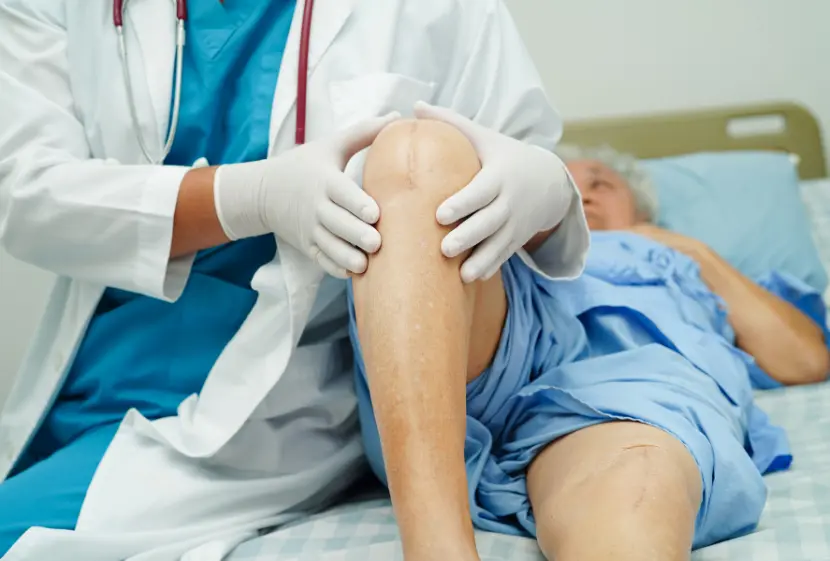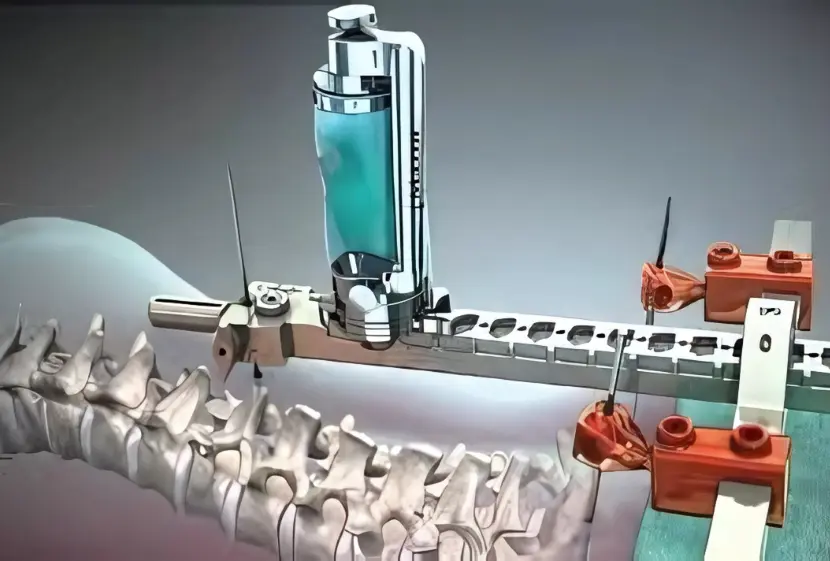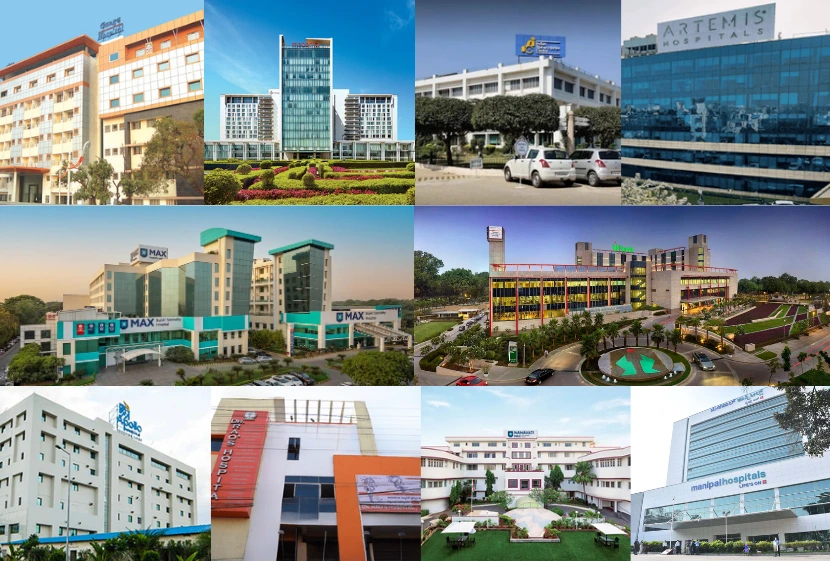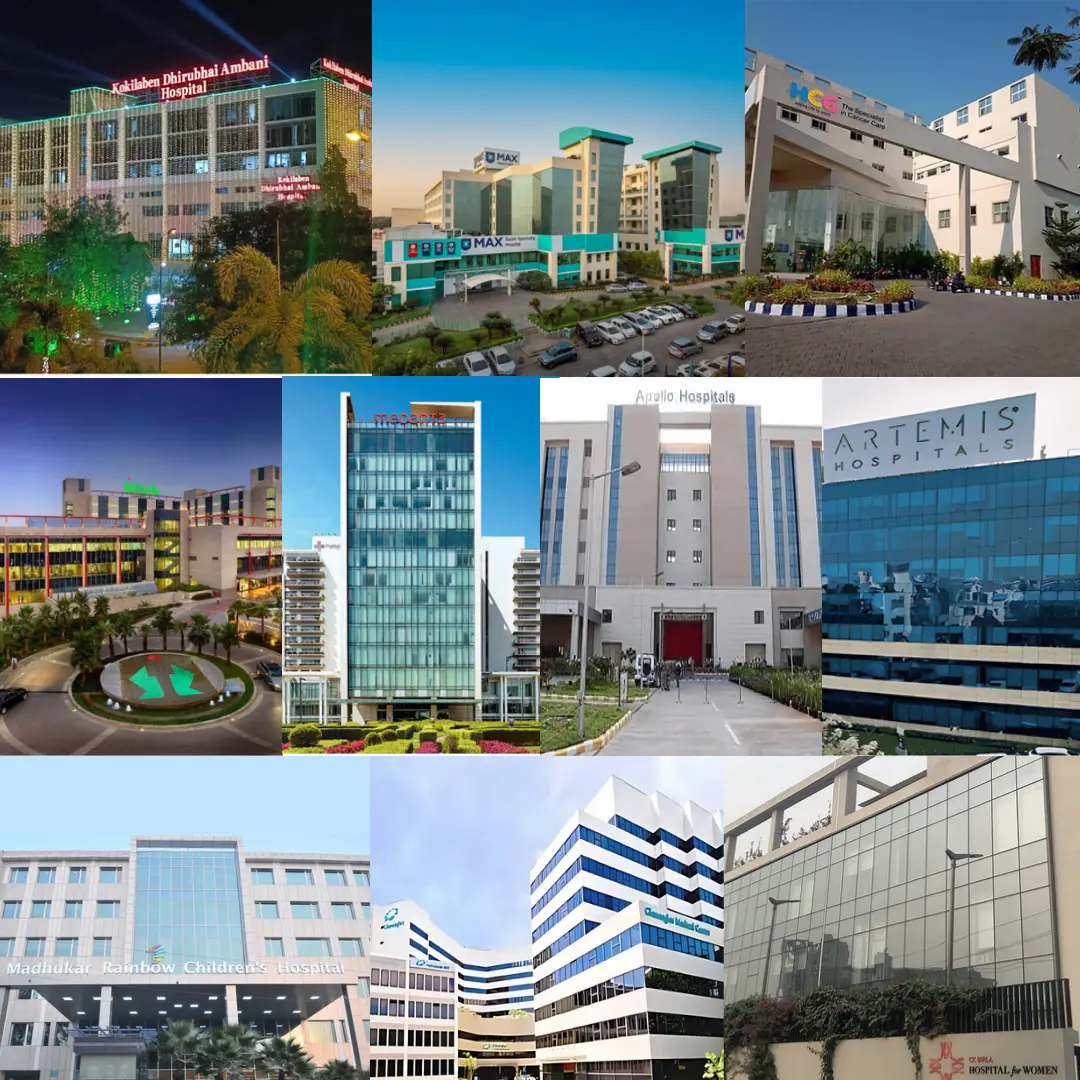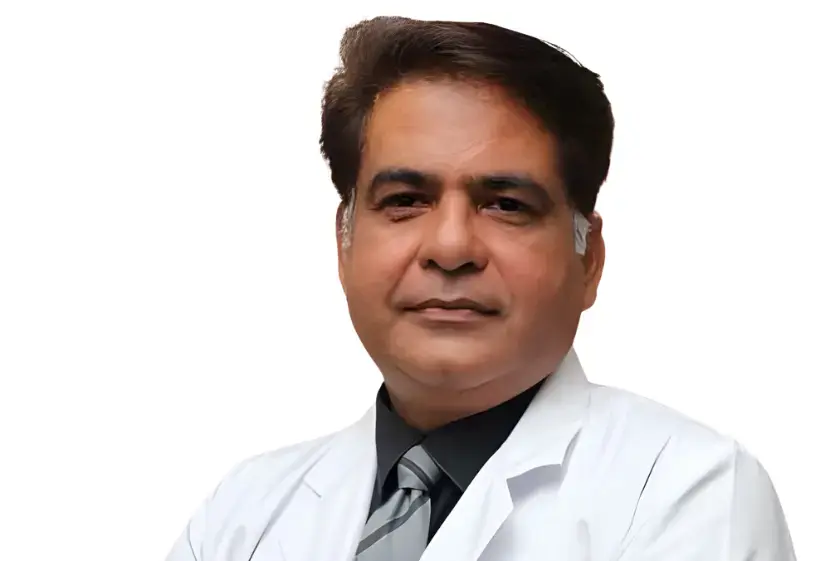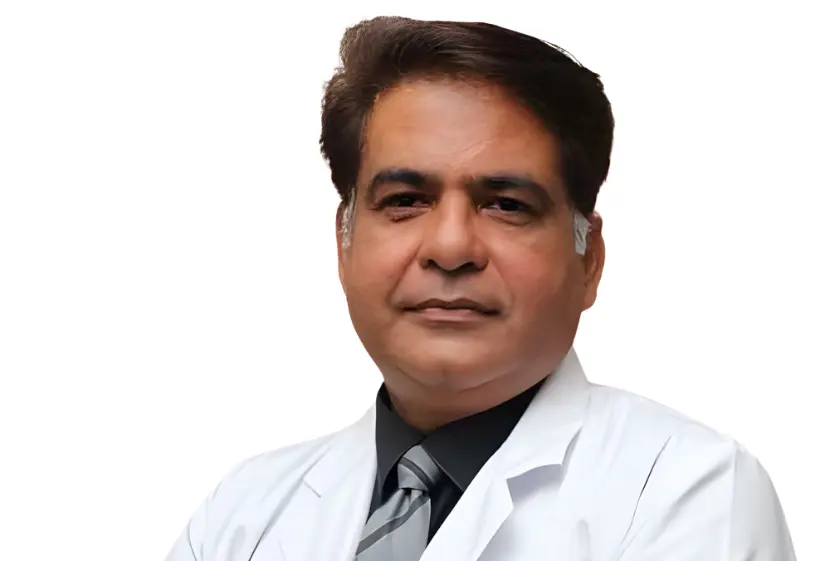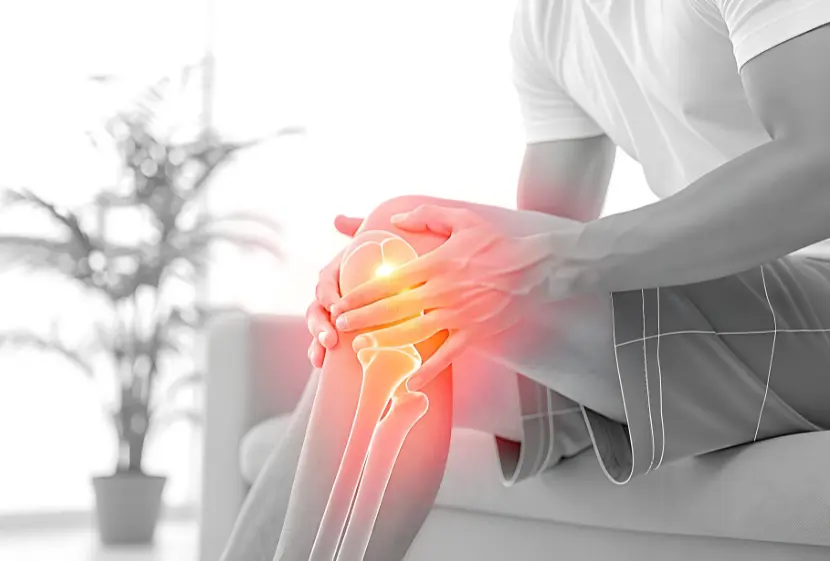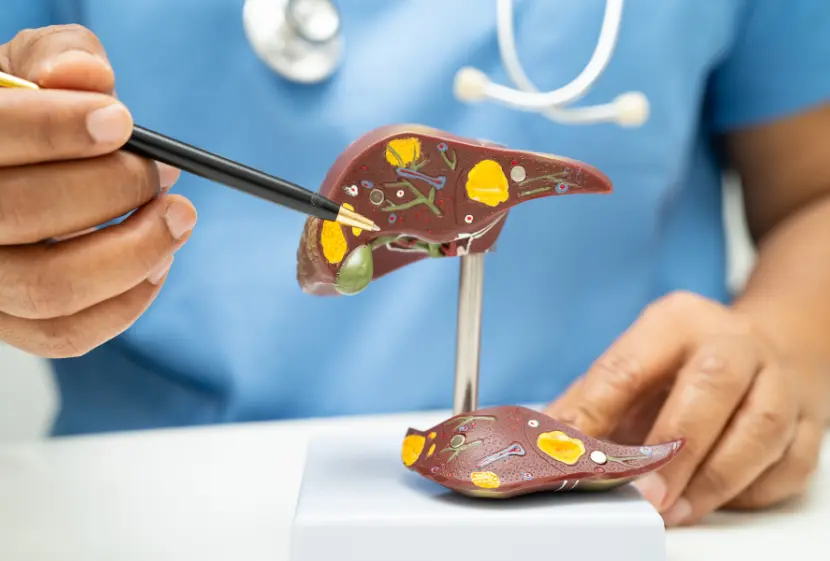Introduction
Hip Replacement is a surgical procedure that involves removing a damaged or worn-out hip joint and replacing it with an artificial joint, typically made of metal, ceramic, or plastic components. This surgery is most commonly recommended for individuals suffering from severe hip arthritis, fractures, or other degenerative conditions that cause chronic pain, stiffness, and limited mobility. Hip replacement surgery helps restore function and alleviate pain, allowing patients to return to everyday activities like walking, climbing stairs, and exercising. It is often performed when conservative treatments like medications or physical therapy are no longer effective. The procedure typically involves a hospital stay of a few days, followed by a recovery period that may span several months, depending on the patient's overall health and rehabilitation efforts.
Cost Comparison
The cost of hip replacement treatment varies widely anywhere in the world, depending on the hospital, the type of surgery, the patient’s overall health condition, post-operative complications, and care etc. The average cost of a hip replacement in India is USD $2500.
But be assured, the cost of a Hip Replacement in India is just a fraction of developed nations.
- Avg Cost of treatment - $2500
- Maximum cost of treatment - $8500
Medotil's Pledge: No Hidden Costs, Only Fair Prices!
Treatment costs may vary depending on several conditions, so to get a detailed treatment plan, contact us below.
Contact UsFactors affecting Cost of treatment
-
Type of Surgery: The choice between total hip replacement (THR) or partial hip replacement can affect the cost. Advanced procedures or minimally invasive surgeries may be more expensive.
-
Hospital Facility: The reputation, location, and facilities of the hospital can influence the overall treatment cost. Premium hospitals or those located in metropolitan cities may charge higher fees.
-
Surgeon’s Expertise: Renowned orthopedic surgeons with more experience may charge higher fees for the procedure.
-
Type of Prosthesis: The choice of prosthetic materials (metal, ceramic, or plastic) can affect costs. High-quality implants and specialized prosthetics increase the cost.
-
Pre-Surgical and Post-Surgical Care: Diagnostic tests, anesthesia, rehabilitation, physiotherapy, and post-operative care add to the total cost.
-
Hospital Stay Duration: The length of stay in the hospital post-surgery can affect overall costs. A longer recovery period increases treatment costs.
-
Insurance Coverage: Whether the patient’s insurance policy covers hip replacement surgery can significantly affect out-of-pocket expenses.
-
Complications or Comorbidities: If there are additional complications or underlying health conditions (e.g., diabetes or heart disease), the cost may increase due to extended care or specialized attention required.
-
Technology and Equipment: Use of advanced medical technologies, such as robotic-assisted surgery, can increase treatment costs due to the sophistication and precision involved.
Treatment Options
1. Total Hip Replacement (THR)
-
Description: This is the most common form of hip replacement surgery. In total hip replacement, both the acetabulum (hip socket) and the femoral head (ball) are replaced with artificial components.
-
Indications: Severe arthritis, fractures, and joint degeneration.
-
Procedure: The damaged joint is removed, and the artificial implant is placed to mimic the function of a natural hip.
2. Partial Hip Replacement (Hemiarthroplasty)
-
Description: Only the femoral head (ball) is replaced, leaving the acetabulum (socket) intact.
-
Indications: This procedure is typically used for hip fractures where only the ball portion of the hip joint is affected.
-
Procedure: The femoral head is replaced with an artificial prosthesis.
3. Minimally Invasive Hip Replacement
-
Description: This technique uses smaller incisions and is designed to reduce trauma to surrounding tissues, leading to faster recovery times.
-
Indications: Suitable for patients who are younger and in good overall health.
-
Procedure: The surgeon uses specialized instruments and smaller incisions to remove the damaged joint and insert the prosthesis.
4. Hip Resurfacing
-
Description: In hip resurfacing, only the damaged surface of the femoral head is replaced, while the hip socket is usually left intact.
-
Indications: Typically used for younger, active patients with hip arthritis or avascular necrosis.
-
Procedure: The femoral head is capped with a metal prosthesis, preserving the bone structure.
5. Robotic-Assisted Hip Replacement
-
Description: This method utilizes robotic technology to assist the surgeon in performing the procedure with higher precision.
-
Indications: Suitable for patients needing a highly precise placement of the prosthetic components.
-
Procedure: The robot aids the surgeon in planning and executing the surgery, leading to more accurate results.
6. Revision Hip Replacement
-
Description: This is a follow-up surgery performed when a previously implanted hip replacement has failed due to wear, infection, or other complications.
-
Indications: Joint instability, prosthesis failure, or infection.
-
Procedure: Involves the removal of the old prosthesis and replacement with a new one, usually with customized implants.
7. Non-Surgical Treatments (Before considering surgery)
-
Physical Therapy: Strengthening the muscles around the hip and improving mobility.
-
Medications: Anti-inflammatory medications or pain relief to manage discomfort.
-
Corticosteroid Injections: To reduce inflammation and provide temporary relief.
-
Lifestyle Changes: Weight management, low-impact exercise, and joint protection techniques.
How Medotil Global Assists International Patients
Medical Visa Assistance
- Guides patients through the process of obtaining a medical visa for India.
- Provides necessary documentation support, such as invitation letters from hospitals.
Accommodation Arrangements
- Helps secure comfortable and affordable lodging near treatment centers.
- Offers a range of options, including guest houses, hotels, or serviced apartments.
Food Services
- Assists in arranging dietary preferences, including international cuisines and special diets for medical needs.
Transportation Support
- Provides airport pickup and drop-off services.
- Offers reliable transportation for hospital visits and local travel.
Hospital and Doctor Selection
- Recommends top hospitals and connects patients with experienced specialists in their specific condition.
- Ensures access to advanced medical treatments and technology.
Tourism Services
- Organizes visits to famous tourist attractions like the Taj Mahal, Jaipur, Kerala, and other cultural landmarks.
- Tailors travel plans based on patient preferences and recovery needs.
24/7 Support
- Provides round-the-clock assistance for any queries or emergencies during the stay in India.
Best Doctors
Medotil's Promise: No hidden charges
Rest assured, no additional cost will be incurred from our end because your health is priceless.
Request a Free Consultation Contact UsTop Hospitals


